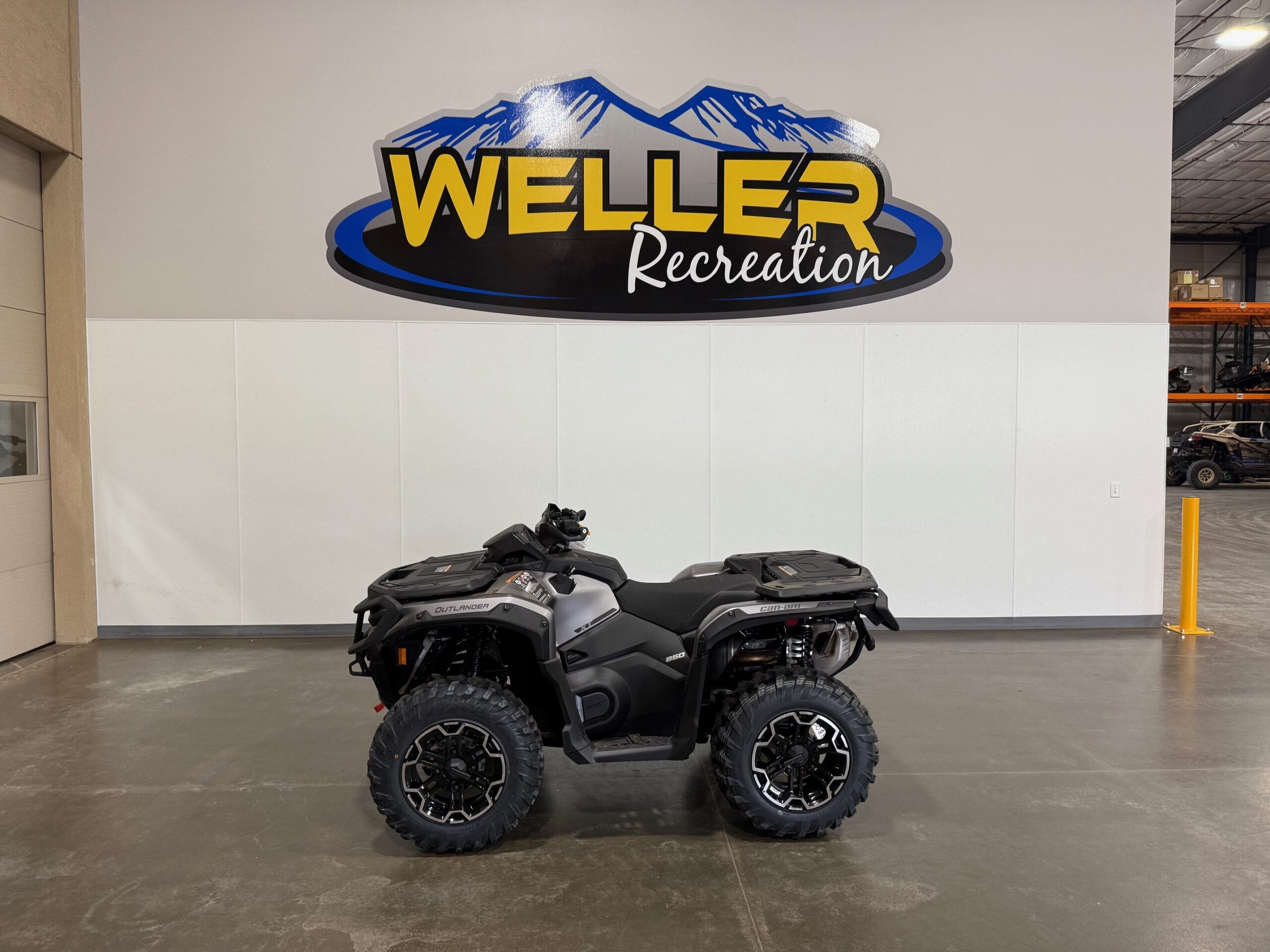How to Finance a Modular Home: Your Complete Guide to Loan Options and Approval
Understanding Modular Home Financing
Financing a modular home is not only possible, but often similar to financing a traditional site-built house. Modular homes, constructed in sections in a factory and then assembled on your property, are distinguished from manufactured or mobile homes by their adherence to local building codes and permanent installation on a foundation. This means most lenders consider them real property, making them eligible for a wide range of mortgage options [1] [3] .
Types of Loans Available for Modular Homes
There are several common options for financing a modular home. The most frequently used are:

Source: luzenelhorizonteymas.blogspot.com
- Conventional Mortgages: Many lenders offer traditional mortgages for modular homes, provided the home is permanently affixed to a foundation and meets all local codes. These loans typically require a minimum credit score (often around 620) and a down payment, which may range from 3% to 20% depending on your financial profile [1] [3] .
- FHA Loans: The Federal Housing Administration insures loans for modular homes that are attached to a permanent foundation. FHA loans are popular for their low down payment requirements (as little as 3.5%) and flexible credit standards. Your modular home must meet HUD standards and be classified as real estate [1] [3] .
- VA Loans: If you have a qualifying military connection, the U.S. Department of Veterans Affairs offers VA loans that allow eligible borrowers to purchase a modular home with no down payment, provided the home is permanently affixed and meets specific requirements. These loans often feature competitive interest rates and do not require private mortgage insurance [1] [3] [4] .
- USDA Loans: For homes located in qualifying rural areas, the U.S. Department of Agriculture offers USDA loans. These loans may require little or no down payment and are available to borrowers who meet income and property eligibility requirements. USDA loans can cover both the purchase of the land and the modular home [1] [3] .
-
Construction Loans:
Since modular homes are built off-site, you may need a construction loan to cover the building process. There are two main types:
-
One-Time Close Construction Loan:
This loan covers both the construction and permanent mortgage in a single package. Once the home is complete, the loan automatically converts to a traditional mortgage [2] . -
Two-Time Close Construction Loan:
This approach involves a separate construction loan followed by a new mortgage after the home is completed. It may be suitable if you do not meet all requirements for a one-time close loan [2] .
-
- Home Equity Loans: If you own an existing home with sufficient equity, you may be able to tap into that equity to help finance the purchase or construction of your modular home. This option typically offers lower interest rates than unsecured loans but requires using your current home as collateral [3] .
What Lenders Require for Modular Home Financing
To qualify for a modular home loan, lenders will typically look for:
- Good Credit: While some programs (like FHA) are more flexible, most lenders look for a credit score of at least 620. Some USDA programs have no minimum score, but a higher score can improve your chances and lower your rate [1] [5] .
- Down Payment: Down payments vary by loan type. FHA loans require as little as 3.5%, while conventional loans may start at 3% for qualified buyers. VA and USDA loans may offer 0% down options for eligible applicants [1] [3] .
- Debt-to-Income (DTI) Ratio: Lenders generally prefer your total monthly debts (including the new mortgage) to be below 43% of your gross monthly income. Lower DTIs may help you qualify for better rates [1] .
- Property Requirements: The modular home must be permanently affixed to a foundation and comply with all local building codes. Lenders may require an appraisal and inspection to confirm the property’s value and condition [1] [5] .
- Steady Income: You’ll need to document sufficient and stable income to afford the payments. This usually involves providing recent pay stubs, tax returns, and bank statements [1] .
Step-by-Step Guide to Financing Your Modular Home
- Assess Your Budget and Credit: Review your credit report for errors and pay down existing debt to improve your credit score and debt-to-income ratio. Determine how much you can afford for a down payment and monthly payments.
- Research Lenders and Loan Programs: Compare banks, credit unions, and mortgage lenders who specialize in modular home loans. Ask about their experience with modular construction and what loan types they offer.
- Get Pre-Approved: A pre-approval letter helps you understand how much you can borrow and shows sellers you’re a serious buyer. Prepare your financial documents, including proof of income, bank statements, and identification.
- Find Land and Choose a Modular Home: If you don’t already own land, search for suitable property that meets lender and local zoning requirements. Select a modular home design and builder who can provide detailed plans and cost estimates.
- Apply for the Loan: Submit a loan application with your chosen lender. Be prepared to provide detailed information about your finances, the home, and the land.
- Close on Land and Construction Loans: If you need a construction loan, your lender will release funds in stages as the home is built and installed. Once complete, the loan may convert to a permanent mortgage.
- Final Inspection and Move-In: The lender may require a final inspection and appraisal before issuing the final loan. Once approved, you can close on your permanent mortgage and move into your new home.
Real-World Example: Modular Home Financing in Action
Imagine a family purchasing a modular home for $250,000 on rural land. They qualify for a USDA loan because the property is in an eligible area and their income falls within program limits. The USDA loan allows them to finance both the land and the home with no down payment. During construction, they use a one-time close construction loan, which converts to a traditional mortgage upon completion. With a fixed interest rate and no private mortgage insurance (PMI) required, their monthly payments are predictable, helping them budget effectively [1] [3] .
Overcoming Common Challenges
Some borrowers face challenges securing modular home financing, especially if their credit score is below lender requirements or if they are buying land separately. To overcome these hurdles, consider:
- Improving Credit: Pay bills on time, reduce existing debts, and avoid taking on new credit before applying for a loan.
- Saving for a Larger Down Payment: A higher down payment can compensate for weaker credit and lower your overall interest rate.
- Exploring Specialized Lenders: Some lenders specialize in modular or manufactured housing and may offer more flexible terms.
- Seeking Professional Guidance: Work with a mortgage broker or housing counselor who understands modular home financing.
Alternative Financing Pathways
If you do not qualify for a traditional mortgage, you may consider:
- Personal Loans: Suitable for those with excellent credit, personal loans may be used to cover smaller gaps in financing, though rates are generally higher than mortgages.
- Home Equity Loans: As mentioned, these are an option if you already own property with sufficient equity [3] .
- Seller Financing: In some cases, modular home builders or sellers may offer in-house financing or payment plans. Terms and availability will vary.
Tips for a Smooth Modular Home Financing Experience
To improve your chances of approval and secure the best possible terms:
- Start preparing your finances early, focusing on credit health and debt management.
- Ask your builder for recommendations on lenders who are familiar with modular home construction.
- Keep detailed records of all costs and construction timelines for lender review.
- Communicate regularly with your lender and builder to ensure all requirements are met on time.
How to Find Modular Home Financing Providers
To access modular home financing, you can:
- Contact your local bank or credit union and ask if they finance modular homes.
- Search online for mortgage lenders specializing in modular or manufactured home loans. Use search terms like “modular home loan lenders” or “construction-to-permanent loan for modular homes.”
- Visit the official websites of programs such as the Federal Housing Administration (for FHA loans), U.S. Department of Veterans Affairs (for VA loans), and U.S. Department of Agriculture (for USDA loans) for detailed eligibility criteria and application instructions.
- Consider consulting a certified housing counselor for personalized guidance. You can find a list of HUD-approved counselors by searching “HUD housing counselor” on the official HUD website.
References
- [1] Rocket Mortgage (2024). What Is a Modular Home?
- [2] S2A Modular (2024). Financing Options for Modular Home Financing.
- [3] NC Custom Modulars (2024). How To Finance Your New Modular Home.
- [4] Bankrate (2025). How to Finance a Mobile or Manufactured Home.
- [5] Fannie Mae (2025). Manufactured Home Financing.
MORE FROM searchhole.com













